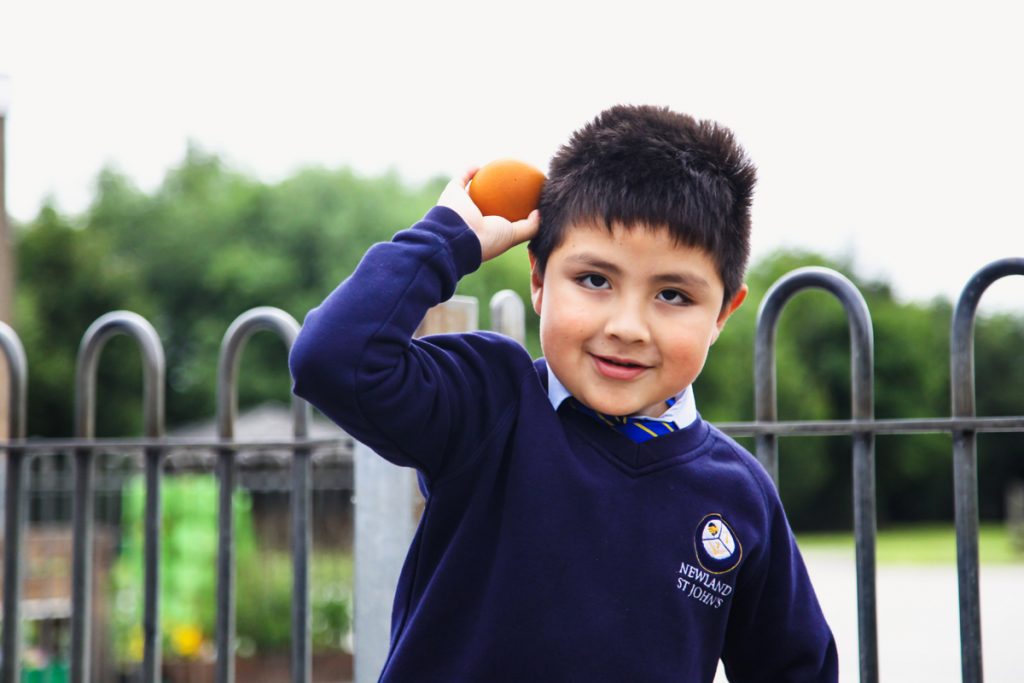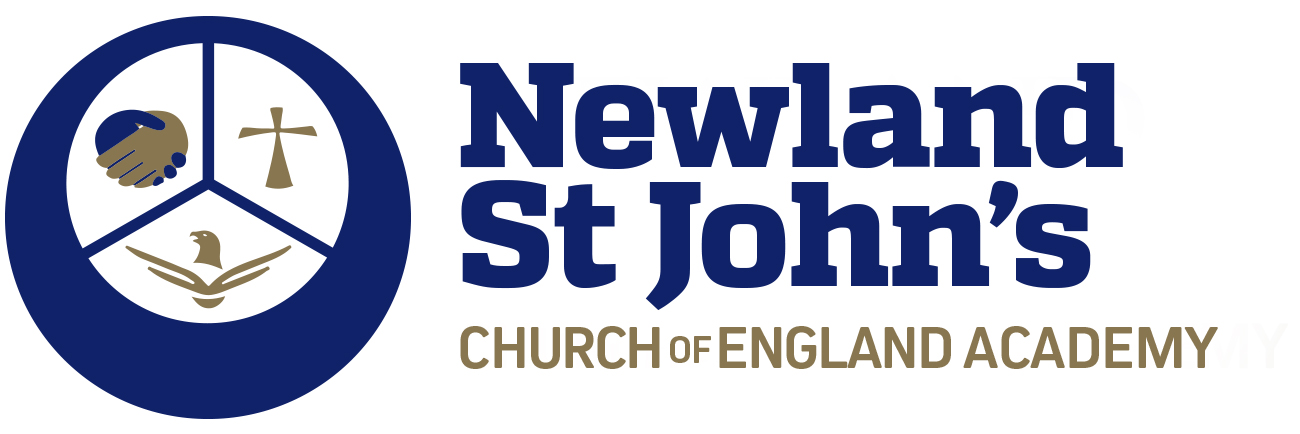Physical Education
Physical Education
Physical education develops the children’s knowledge, skills and understanding, so that they can perform with increasing competence and confidence in a range of physical activities. These include dance, games, gymnastics, swimming and water safety, athletics and outdoor adventurous activities. Physical education promotes an understanding in children of their bodies in action. It involves thinking, selecting and applying skills and promotes positive attitudes towards a healthy lifestyle, enabling children to make informed choices about physical activity throughout their lives.
The aims of PE are:
to enable children to develop and explore physical skills with increasing control and coordination; to encourage children to work cooperatively with others in a range of group situations; to develop the way children perform skills and apply rules and conventions for different activities; to increase children’s ability to use what they have learnt to improve the quality and control of their performance; to teach children to recognise and describe how their bodies feel during exercise; to develop the children’s enjoyment of physical activity through creativity and imagination, irrespective of their ability; to develop an understanding in children of how to succeed in a range of physical activities and how to evaluate their own success; to develop Out of School Hours Learning (OSHL) activities and provide competitive opportunities for all children.




